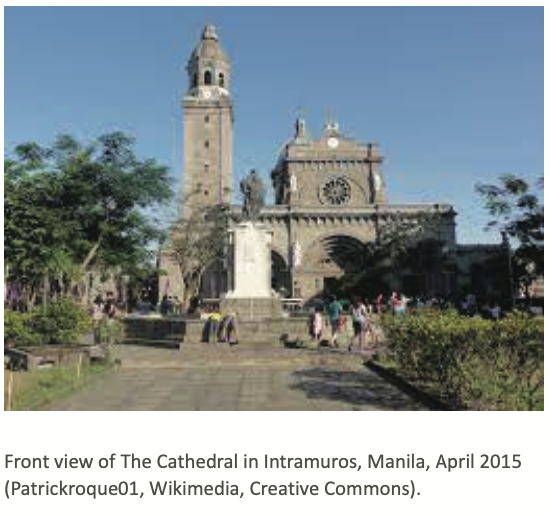
The Catholic Church may not be winning the hearts and minds of those engaged in the war on drugs in the Philippines, but the church is playing an important role in preventing violence and helping victims, according to University of Louisville sociologist David Buckley. In a paper presented at the recent meeting of the Society for the Scientific Study of Religion, which RW attended, Buckley noted the Catholic Church’s longtime opposition to the campaign of President Rodrigo Duterte against drugs, which has resulted in the deaths of 6,000 drug dealers and 25,000 others killed in vigilante attacks. Buckley and his colleagues looked at the relationship between parishes’ location and the rate of killings and found that 30 percent fewer killings took place in the neighborhoods of Catholic parishes. Even controlling for the rate of young single men in the area and for other churches, the Catholic effect remained robust, according to Buckley.

Buckley explained that rather than providing sanctuary for drug dealers and others accused of drug involvement, the church has been calling attention to how they are victims of a violent campaign, thereby disrupting enforcement of its laws. The church’s public criticism of police for engaging in violent actions has not changed their hearts and minds and led to reform or repentance, but it has been disliked and feared by police as something that could hurt their careers. Thus, while the church is not converting them, it may be lowering the violence by “activating self-preservation” among police. Meanwhile, church-run rehabilitation programs also have been insulating people from the violence.